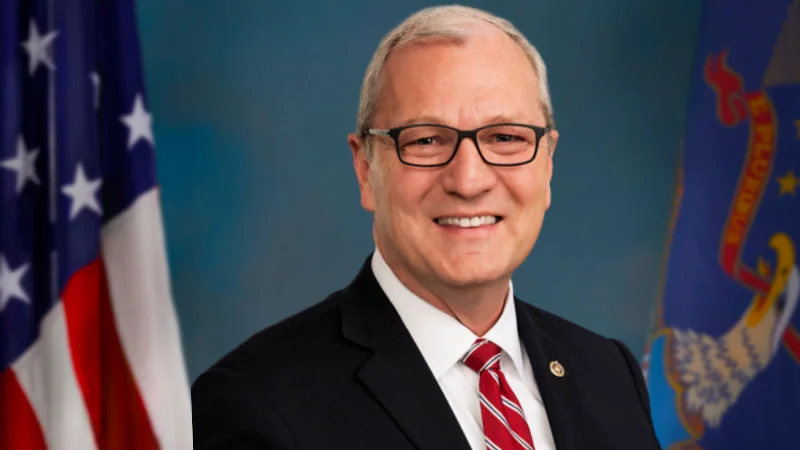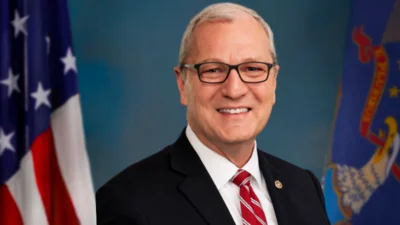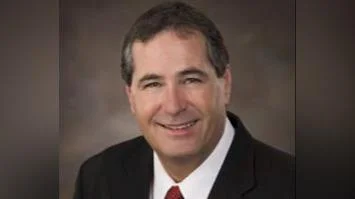Senator Kevin Cramer, US Senator for North Dakota | Senator Kevin Cramer Official website
Senator Kevin Cramer, US Senator for North Dakota | Senator Kevin Cramer Official website
The Senate Banking, Housing, and Urban Affairs Committee has advanced the Renewing Opportunity in the American Dream (ROAD) to Housing Act of 2025. The legislation addresses affordable housing and includes bipartisan provisions from Senator Kevin Cramer (R-ND) aimed at tackling workforce shortages in the appraisal industry and streamlining inspections for new landlords. This marks the first time in over ten years that the committee has held a markup focused on housing.
“Like the rest of the country, North Dakota struggles to provide enough affordable housing to meet the demand that’s on our landlords,” said Cramer. “I truly believe that a market-based solution exists and am grateful that Chairman Tim Scott prioritizes these solutions and that he held, if you can imagine this, the first housing markup on the Banking Committee in over a decade. It’s the first housing markup since I’ve been in the Senate. This bill is really a great example of collaborative, bipartisan work in the Senate. Both my Choice in Affordable Housing Act and my Appraisal Industry Improvement Act were ideas that actually came from stakeholders who want to do more for our communities, that includes landlords, that certainly includes advocates, and really includes the entire spectrum and value chain of the real estate business in North Dakota. My goal with these bills is simply to reduce the bureaucratic red tape by streamlining inspections for new landlords and then reforming the appraisal process to meet this the high demand.”
Appraiser shortages have become a significant issue for rural areas such as North Dakota, where residents wait an average of 21 days for home appraisals compared to six to nine days nationally. Senator Cramer introduced the Appraisal Industry Improvement Act with Senator Ruben Gallego (D-AZ), aiming to support training and education for appraisers without lowering quality standards.
Another provision included from Cramer’s work is part of his Choice in Affordable Housing Act with Senator Chris Coons (D-DE). This measure seeks to address delays from U.S. Department of Housing and Urban Development inspections by allowing properties already inspected through other federal programs within a year to automatically qualify for voucher requirements. The changes are intended to lessen administrative burdens on new landlords and encourage greater participation among property owners accepting vouchers.
The committee's markup also covered two additional bills cosponsored by Cramer: The Community Investment and Prosperity Act proposes raising banks’ Public Welfare Investment cap from 15% to 20%, enabling increased investment into affordable housing—the last such increase occurred as part of financial regulatory relief legislation in 2006.
The Rural Housing Service Reform Act—led by Senators Mike Rounds (R-SD) and Tina Smith (D-MN)—seeks to expand rural housing options through loans, grants, and rental assistance programs. From 2010 to 2020, rural areas saw only modest growth in available units while many states experienced declines. One key change would allow Section 521 Rental Assistance payments under USDA programs to continue after related mortgages mature; currently, those payments end when mortgages are paid off.






 Alerts Sign-up
Alerts Sign-up